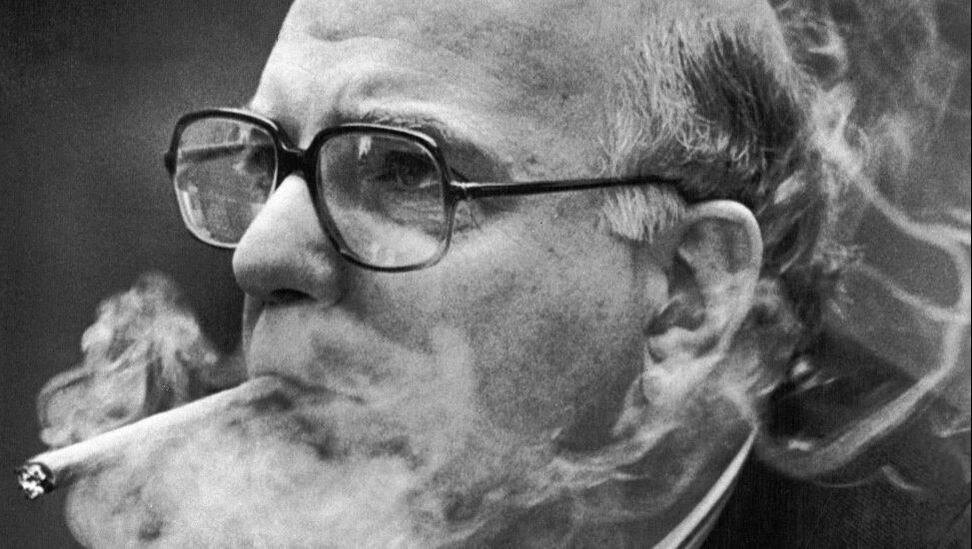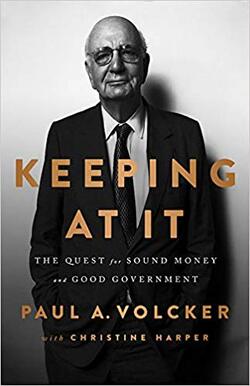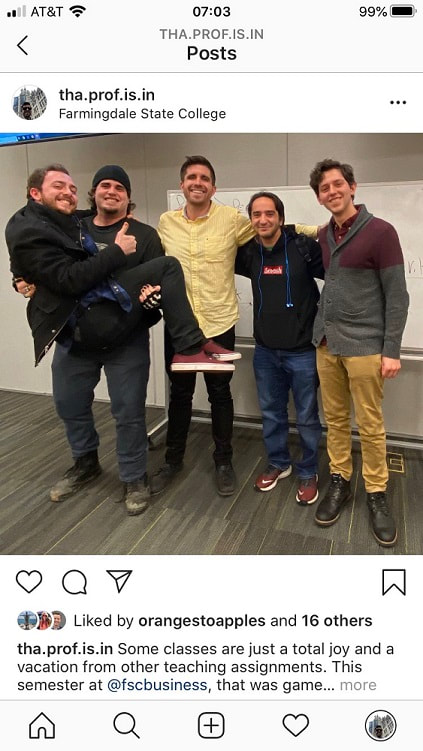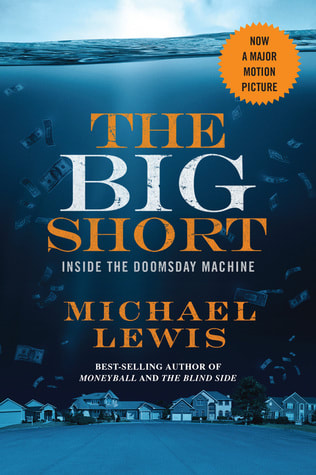|
Paper of the week (POW) this week definitely goes to N. Gregory Mankiw for firing totally reasonable and called for shots at "modern monetary theory". The paper can be found at this link and is also reproduced below. "In the end, my study of MMT led me to find some common ground with its proponents without drawing all the radical inferences they do. I agree that the government can always print money to pay its bills. But that fact does not free the government from its intertemporal budget constraint. I agree that the economy normally operates with excess capacity, in the sense that the economy’s output often falls short of its optimum. But that conclusion does not mean that policymakers only rarely need to worry about inflationary pressures. I agree that, in a world of pervasive market power, government price setting might improve private price setting as a matter of economic theory. But that deduction does not imply that actual governments in actual economies can increase welfare by inserting themselves extensively in the price-setting process. "
0 Comments
A sad day for the profession, former Chair of the Fed Paul Volcker passed on to the central bank beyond this plane of existence.
Among the great features of Paul Volcker to highlight are the fact that he is by all means an economist without having a Ph.D., the "Volcker Rule", his penchant for austerity, and the various cigar photos, my favorite of which is... So today marks the finale of the Fall 2019 semester at Farmingdale State College.
I was touched when a group of students in my applied game theory course asked for a picture after the final lecture! I have to admit I am really going to miss the class. Elective scheduling is somewhat a black box here, so I am sad to say I am unsure when it will be offered next. Thanks for a fun semester ! I've been keeping up with my macroeconomic literacy (which if you know me, is a struggle) by listening to many audiobooks with the Libby app.Libby is an app that, with your library card information, will help you access free audiobooks. Living in NY certainly has its perks in this regard: The New York Public Library has an extensive collection of free audiobooks available for checkout within Libby! My 2019 reading goal, which I track through Goodreads is to read 24 books from cover to cover. This is a challenging task for me because my usual habit is to read an economics book half way, get super interested by an idea, and go pick up a different book on that. In turn, this leads to a shelf full of half read books. What has been my favorite so far? I wanted to read this on account of how much I enjoyed the movie. Great read! Highly recommended.
Add me on Goodreads! Paper of the week (POW) this week goes to "Designing Difference in Difference Studies: Best Practices for Public Health Policy Research" by Coady Wing and coauthors published in the Annual Review of Public Health. It contains a lot of useful reminders on best practices for empirical strategies that rely on difference-in-difference estimators.
Very helpful! Used it this morning in exploring some preliminary results. "Persistent Political Engagement: Social Interactions and the Dynamics of Protest Movements " by Leonardo Brusztyn and numerous coauthors came up while doing some research this week, and is certainly now the paper of the week (POW). A copy of the abstract, the thrilling bits of which are in bold: "We test whether participation in one protest within a political movement increases subsequent protest attendance, and why. To identify an effect of protest participation, we randomly, indirectly incentivize Hong Kong university students into participation in an antiauthoritarian protest. To identify the effects of social interactions, we randomize the intensity of this treatment across major-cohort cells. We find that experimentally-induced protest participation is significantly associated with protest attendance one year later, though political beliefs and preferences are unaffected. Persistent political engagement is greatest among individuals in the cells with highest treatment intensity, suggesting that social interactions sustained persistent political engagement." A working paper version that is publicly available through Google may be found below. My 30 mile drive to work leaves me with ample time to listen to audiobooks and podcasts.
So why not just compile a list of great economics, finance, and business podcasts! (in no particular order) General Economics
Trade and Macro Behavioral Economics I have to travel to Albany today as Farmingdale State College's "Faculty Senator". It's a big honor and a very enjoyable aspect of my job. My "Game Theory for Business" students (ECO 372) will be "attending law school" for the day, as I will not be there to challenge them. By "attending law school", I mean that they will be watching a lecture from the University of Chicago School of Law on the problem we have been studying for the past 2 weeks: supply chain holdup. The video is embedded below, but can also be accessed at this link. Many interesting examples come up in the video. We have been studying a particular example of an upstream firm holding up a downstream firm (e.g. the GM -vs- Fisher debacle of the 1920s). What I like about this video is that it includes examples of an upstream firm, like a natural gas or oil supplier/refiner, being held up by a downstream firm, like whoever owns the pipelines to transport these resources. The contract solution presented in those industries is the take-or-pay contract: the downstream firm has the obligation to pay the upstream in accordance with the terms of the contract, independent of whether they actually take delivery of the resource. This commits the downstream firm to not hold up the upstream firm - it has to pay the agreed to amount whether or not it takes delivery. To let my students indulge in exploring this aspect of business, I developed the homework problem below, which is a part of my "OER" development of this course. So the first tasty bits of economists starting to become more apparent in the Harvard case appears on page 50. It gets spicy QUICK. LINK TO PAGE 50 So the case is an argument about the appropriate econometric specification.
Or if you're a fan of the lingo in the profession, it's an argument about the preferred specification. Why do different sides have different preferred specifications? Well that's on account of greater philosophical concerns regarding econometrics and identification. Suffice it to say that, in practice, results can change wildly depending on the controls used in a specification. Which controls are "good" and which controls are "bad" is clearly a point of contention in this particular case. And in just about any empirical research, at the frontier there is an argument about the appropriate specification to use. I need to read the case more thoroughly and read the expert witness report by David Card before I comment on the preferred specifications, but it seems to be as to whether or not to condition on personal rating and status in particular advantaged groups like athletes, legacies, children of faculty, etc. In 2017 I was elected Editor for the New York State Economics Association. (NYSEA)
Why? I did this because it represented a tremendous opportunity, and being elected also felt like an honor, despite the fact that I believe I ran uncontested. It's hard to say no to things as a junior faculty member. The nature of junior faculty life is also such that you get ample time to scheme, and this can lead you down all sorts of rabbit holes. The previous Editor, Bill O'Dea @ Oneonta, provided big shoes to fill. That said, there were numerous opportunities to improve the visibility of the journal. So far, I have done the following:
The Fall 2019 issue of the New York Economic Review is available by clicking here! |
This blog is a therapeutic outlet for me to write about life on the tenure track in economics.
Archives
December 2019
Categories
All
|




 RSS Feed
RSS Feed